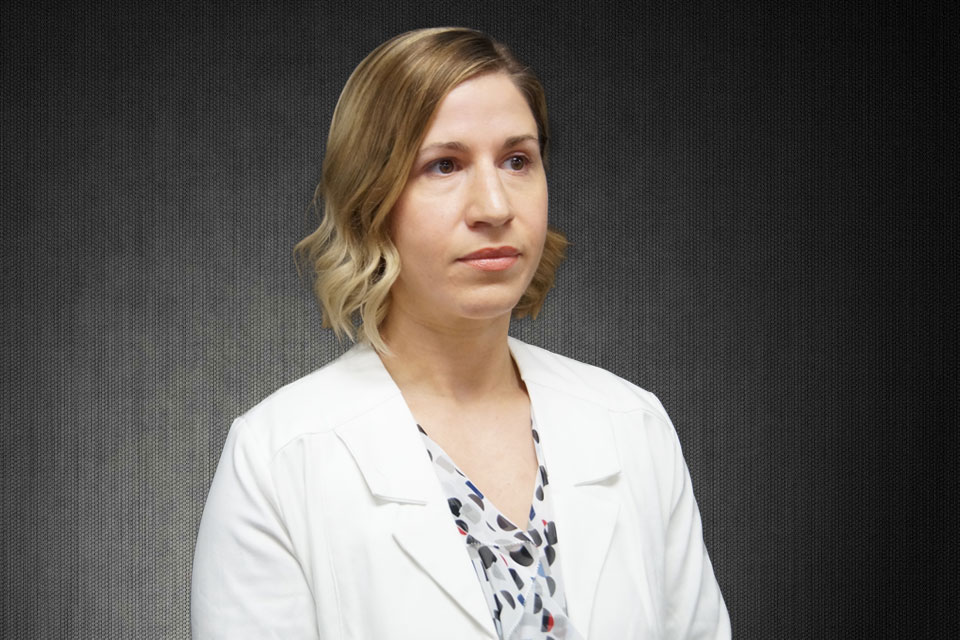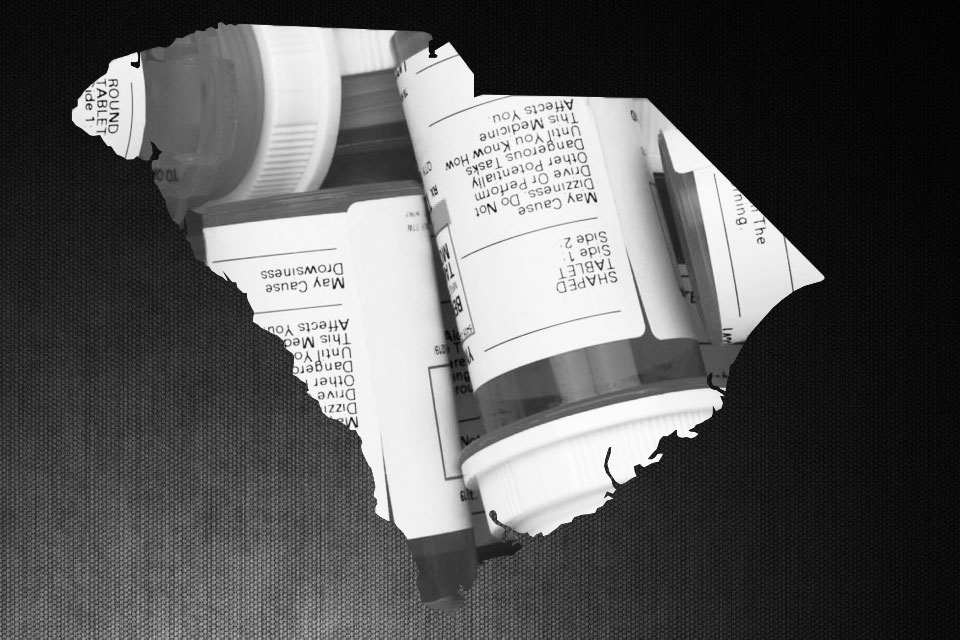Perspectives: What BlueCross is Doing to Curb the Opioid Epidemic
Too many South Carolinians have been touched by the devastation of the opioid epidemic. BlueCross BlueShield of South Carolina has taken action.
Last summer, BlueCross joined with the South Carolina Hospital Association* and the South Carolina Medical Association* as members of the Opioid Risk Prevention Partnership (ORPP). ORPP’s goals are to advance the conversation among hospitals, physicians and other providers, patients and the general public around the issues of pain and the appropriate use of alternatives to opioids in pain management. ORPP also wants to reduce the number of opioid prescriptions written in South Carolina by working with doctors and other health care providers to educate patients (and our members) on alternative pain management.
“Evidence has shown that reducing the number of unused pills in a household reduces the number of people trying those for the first time and then potentially becoming addicted to them, so we really put a big focus on that,” says Dr. April Richardson, psychiatrist and one of the organization’s representatives on the ORPP.
BlueCross’ guidelines follow those of the Centers for Disease Control and Prevention* (CDC) and are vetted by community physicians and pharmacists in our network. Policies, which are aligned with current national and local expert medical recommendations, are designed to help our members get the treatment they need, including medical support for chronic pain and support to address opioid use disorder.
“Our approach supports the best current medical thinking around opioid use and opioid use disorder,” Richardson says.
BlueCross is not taking away members’ pain medications. There is a new approval process depending on the amount of the prescriptions.
BlueCross encourages our members to work closely with their physicians to determine their best treatment options. The limitations on opioid quantities shouldn’t impact the majority of members unless they are on high doses of the drug. Members who feel they need the higher dose of the prescription can work with their physician to appeal the limits on an individual basis.
Certain diagnoses, like cancer are excluded from opioid prescribing limits.
Along with changes to opioid prescription limits, BlueCross has focused on expanding in-network options for medication assisted treatment (MAT), which is often a preferred treatment for opioid use disorder. This access supports our members who want to stop taking opioids.
“We're really focusing on ensuring that in the community, people have access to local, community-based treatment in the least restrictive settings so that they can continue to live active lives,” Richardson says.
While BlueCross has adequate geographic access to MAT programs, the company continues to work to expand the MAT network in the state.
These efforts have seen some successes. One of BlueCross’ and the ORPP’s key metrics is decreasing new opioid prescriptions, which we are seeing, Richardson says.
On a national level, a Blue Cross and Blue Shield Association* Health of America report revealed that opioid prescriptions have dropped by 29 percent among Blue Cross and Blue Shield members, while diagnoses of opioid use disorder — an indication that a patient is dangerously dependent on the painkillers — declined slightly in 2017, the first drop in the eight years the Association has measured the impact of the opioid crisis on its members nationwide. The Blue Cross and Blue Shield Association is an association of independent, locally operated Blue Cross and Blue Shield companies.
Here in South Carolina, there is reason to be hopeful. Overall, the state has put a focus on the issue.
“I think we've seen some really good progress for some of the initiatives that we've implemented as a plan,” Richardson says. “I think we’re set up in a position to really excel by addressing our state’s opioid crisis.”
*These are independent organizations that offer health information that you may find helpful.
Sep. 26, 2019
Dr. April Richardson is a psychiatrist and one of the organization's representatives on the Opioid Risk Prevention Partnership.

Dr. Erin Lawson, a pain specialist from Lexington Medical Center, shares her perspective on the opioid crisis in South Carolina.
A few things members should know about opioids:
- Know the risk: Members should be aware of the significant risk for addiction to opioids and discuss treatment with their doctors, including alternative pain management.
- Don’t keep unused opioids in your home: If you do fill a prescription for opioid drugs and you do not use the full supply, call your local pharmacy and ask if it is a disposal site.
- Seek help: Members are encouraged to speak with their physicians. Members can also call the number on the back of their insurance card for help with mental health and substance abuse disorders. The South Carolina Department of Alcohol and Other Drug Abuse Services* website is also a good resource to find help for opioid abuse and treatment.
More From This Series:
 South Carolina Supports Recovery in Opioid Crisis
South Carolina Supports Recovery in Opioid Crisis
South Carolina has collectively taken on the opioid epidemic. It is a crisis that covers the state from the Lowcountry to the Upstate and the Pee Dee to the Midlands. It affects all South Carolinians.
Read More A Look at the Opioid Epidemic in SC
A Look at the Opioid Epidemic in SC
In recent years, news about the opioid epidemic has been escalating. South Carolina has not been the center of the epidemic, but where does the Palmetto State fall in this crisis?
Read More BlueCross Launches Video Series on Opioid Crisis
BlueCross Launches Video Series on Opioid Crisis
As part of a statewide partnership, BlueCross will share stories from members of the South Carolina community on the opioid epidemic.
Read More


















